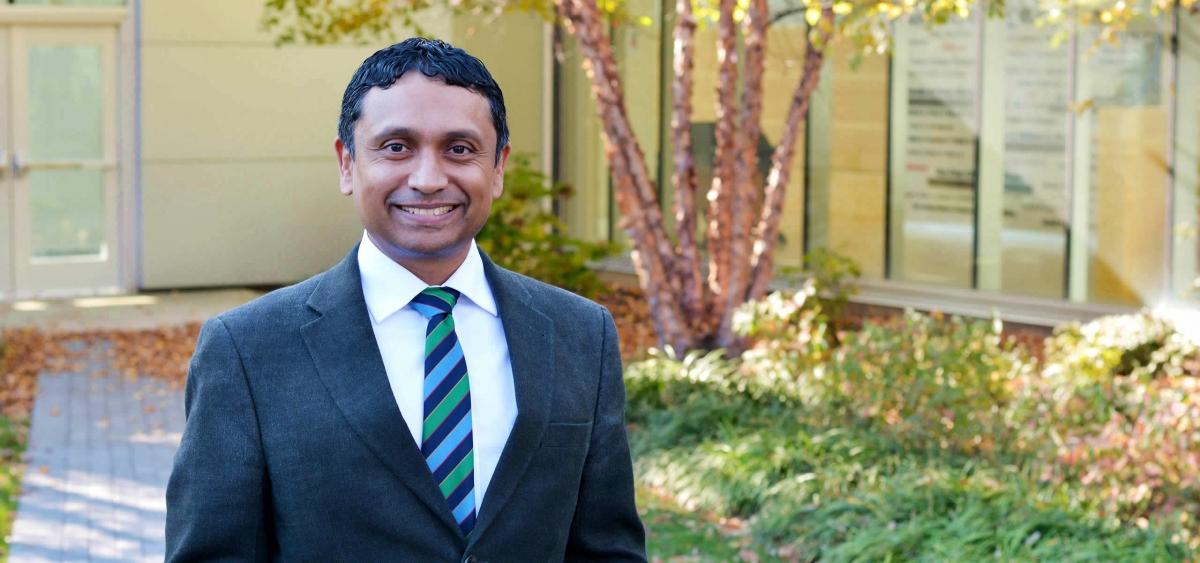
PHILADELPHIA (October 13, 2016) – In a laboratory finding, Fox Chase Cancer Center researchers have identified a cellular protein that senses the presence of influenza virus and rapidly destroys the infected cell.
“This sensor, a protein called DAI, recognizes viral RNA and sets off a powerful auto-destruct program so that the infected cell doesn’t become a virus factory,” said Siddharth Balachandran, PhD, lead author of the study, published in the journal Cell Host & Microbe on Oct. 13. “Without this protein, the influenza-infected cell is unable to kill itself, and continues to produce high levels of progeny virus particles. These newly-minted viruses then rampage through the lung, severely compromising lung function, and ultimately killing the host.”
“The DAI-based influenza sensing mechanism is your body’s early immune response to being infected,” he said. “The infected cells selflessly kill themselves so that virus spread is curbed and the body has time to kick into gear other immune mechanisms that then eradicate the virus from the infected lung.”
Balachandran and colleagues discovered that when airway epithelial cells are infected with influenza virus, DAI senses viral RNA and becomes activated. DAI then communicates with the kinase RIPK3, which induces cell death driven by the effector proteins MLKL and FADD.
Mice lacking DAI were unable to control the spread of influenza virus and succumbed to lethal respiratory infection by the virus.
The discovery that influenza-infected cells altruistically self-destruct opens new doors for future research, with exciting therapeutic ramifications.
“Understanding the pathway is the first step to exploiting it,” Balachandran said.
This work was a collaboration between the Balachandran laboratory and laboratories at the University of Texas, St. Jude Children’s Hospital, and the Icahn School of Medicine at Mt. Sinai.